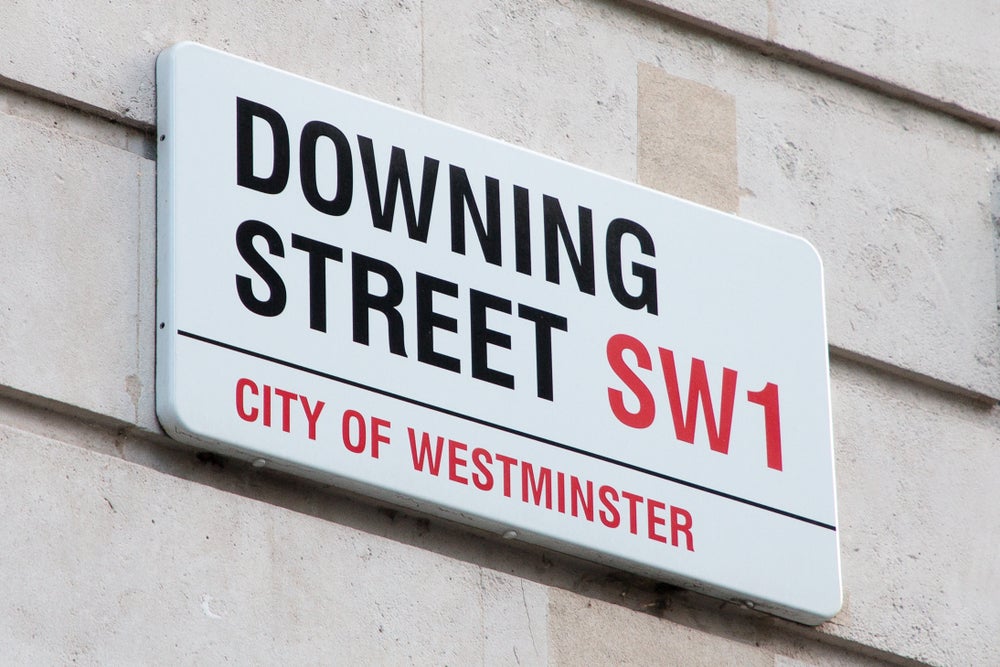
Ahead of the spring budget on Wednesday 15 March, industry players are urging the Chancellor to consider the cost-of-living crisis and to be bolder with green initiatives.
Startline, a provider of motor finance, has released the results of its survey which say more than half of motorists (58%) want to see a cut in fuel duty in next week’s Budget.
Also, 48% say that road tax on cars should be reduced, according to March’s Startline Used Car Tracker, which questioned 305 people.
Startline’s research also showed that drivers would like to see more government backing for electric vehicles (EVs), with 30% saying there should be incentives to buy EVs while 29% want lower-cost public charging.
Paul Burgess, CEO at Startline Motor Finance, said: “There’s a clear message here that motorists want to see support from the government when it comes to the costs of using and buying cars. The cost of living crisis continues to have a massive impact on many people, and a substantial number of them need a car to work and live their lives.
Providing support for buying cars would also be a popular move, with 30% saying the Chancellor should introduce incentives to trade in your existing model for a new one, Startline found.
How well do you really know your competitors?
Access the most comprehensive Company Profiles on the market, powered by GlobalData. Save hours of research. Gain competitive edge.

Thank you!
Your download email will arrive shortly
Not ready to buy yet? Download a free sample
We are confident about the unique quality of our Company Profiles. However, we want you to make the most beneficial decision for your business, so we offer a free sample that you can download by submitting the below form
By GlobalDataMeanwhile, Hiten Sonpal, head of green finance at MHA, an accountancy group, said: “Reducing VAT on public charging for electric vehicles (EV) from 20% to 5% so it aligns with the rate for domestic charging is a must for the Chancellor.
“Drivers with off-street parking currently only pay 5% VAT. This pointless disparity discriminates against drivers without driveways or garages and risks undermining the UK’s net-zero strategy and dampening the recent growth of EV sales.
“It’s also imperative the government intervenes to simplify the planning process for charging stations and improves the UK’s EV grid capacity. Working with local authorities to speed up the process of installing charge points installation should be a government priority, in addition to collaborating with distribution network operators to subsidise the cost of grid upgrades at project sites. Some market projects currently take up to 2 years to develop, causing the UK’s EV infrastructure to lag behind consumer demand.”







